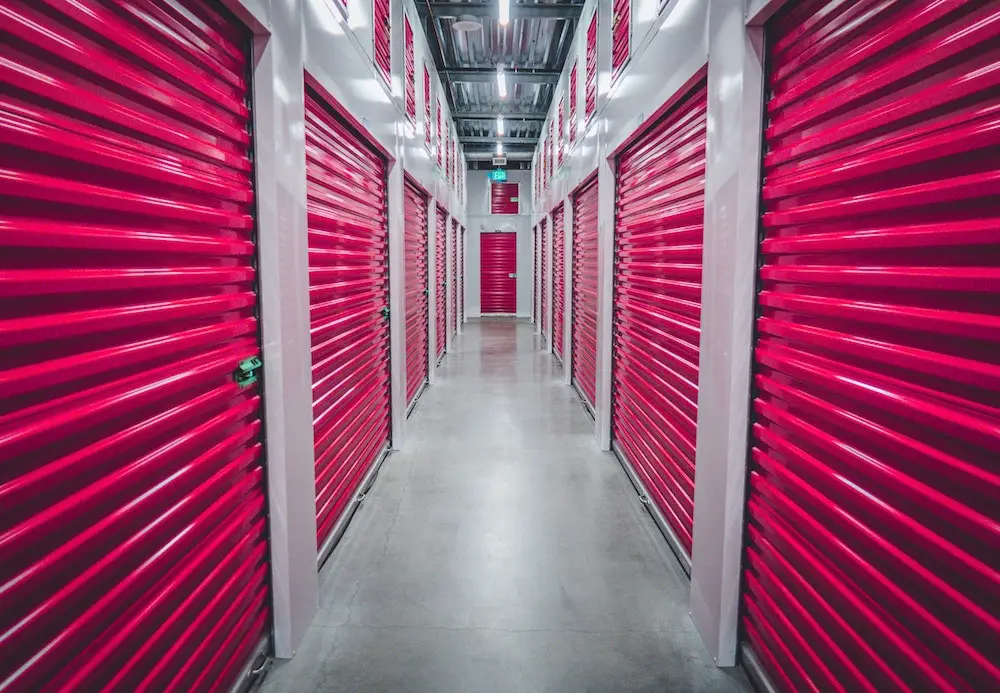
More and more Americans are turning to self-storage facilities to store their unused and valuable items. As self-storage is becoming common practice, the question begins to loom: are any items you store in these facilities covered by your insurance?
Typically, homeowners insurance will cover your personal belongings such as clothes, jewelry, furniture, etc. Even though these items are not on your property, your homeowners insurance should cover any damages that occur as long as it’s within your insurance. If the peril that causes damage is not listed within your policy, you may be at a loss. But, if the peril is listed – fire, lightning, theft, and vandalism are all typically covered by the standard insurance policy – you should be protected from financial loss.

As with most homeowners insurance policies, your situation may vary based on a number of factors. Your policy might list a covered peril that your neighbor’s policy does not cover. You may find that your homeowners insurance does not cover the same amount as another policy would. Check with your insurance agent to find out what your situation demands in terms of coverage.
Homeowners personal property limit
Your homeowners insurance policy should cover your personal property up to a certain amount. The amount of coverage available varies from policy to policy so you will typically find that personal property coverage can go anywhere up to 50% of your dwelling insurance limit. This means that if your dwelling coverage maximum is $200,000 then the limit on your personal property coverage can be as high as $100,000.
If damages to your belongings cost less than $100,000 with this policy, you will be covered. If not, you may find yourself having to pay out of pocket for repairs and replacements. Keep in mind, that many homeowners insurance policies will lower your limits for belongings not on your property. If your belongings are in a storage facility, your coverage limit could be lowered to $10,000. If the total cost of replacement for belongings in a storage facility exceeds your limit, you might be out of luck.
If you have belongings that exceed the amount your homeowners insurance is willing to cover inside a storage unit, you may want to look into scheduled item insurance. This is an insurance policy that protects specified items from financial loss and is typically found covering more expensive and rare belongings. If you have a baseball card collection that’s $5,000, covering it with a scheduled item policy might be a smart idea.
Each insurance policy is different and holds ranging limits on coverage of your personal belongings. Check your policy to see what you’re covered for and what limits you have to look out for when searching for a storage unit.
Storage unit insurance
Some storage unit facilities offer their own insurance policy to protect your belongings while stored. Any items that are destroyed by damages occurring to the storage unit would be covered for repairs and replacement. Storage unit insurance is a recommended policy when deciding to store your excess items. There are some exceptions to your storage unit insurance:
- Flood insurance – As with normal homeowners insurance, flood damage is not covered for your storage unit. If the storage facility floods and your items are damaged, you will need to have a separate flood specific policy to cover the cost of repairs.
- Missing items – Theft is covered but a police report and evidence of forced entry are necessary to claim theft coverage. Any times that are missing without the above two requirements are considered “mysterious disappearances” and are not covered.
- Insects – If your storage unit is infested with bugs and the bugs chew through your clothes and damage your belongings, you will not be covered by your storage insurance policy.
- Expensive items – If you have items that exceed your coverage limits, your storage insurance will not pay to repair or replace these items. This is where we recommend a scheduled item insurance. Most homeowners and storage unit insurance policies will not cover expensive items as they are a higher risk for financial loss.
Seek out storage unit insurance. If the storage facility that your unit is in does not have storage insurance, talk with your agent to find out other options. Some companies offer separate storage unit policies to cover your belongings.
Cost of storage unit insurance
Storage unit rates are rather inexpensive and can cover a decent amount. Insurance premiums can start as low as $7 a month for $1,000 worth of coverage. The more coverage you purchase, the higher your premium will go. Finding the right insurance for you and your belongings can be the difference between stress free storage and heartache and financial ruin.
Talk to your agent today to see what storage unit insurance options you have and properly protect yourself in the face of a storage disaster.

